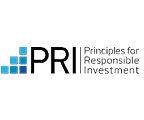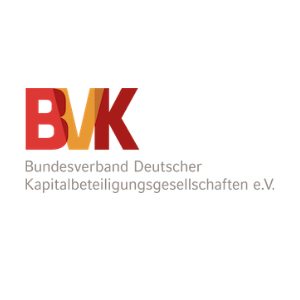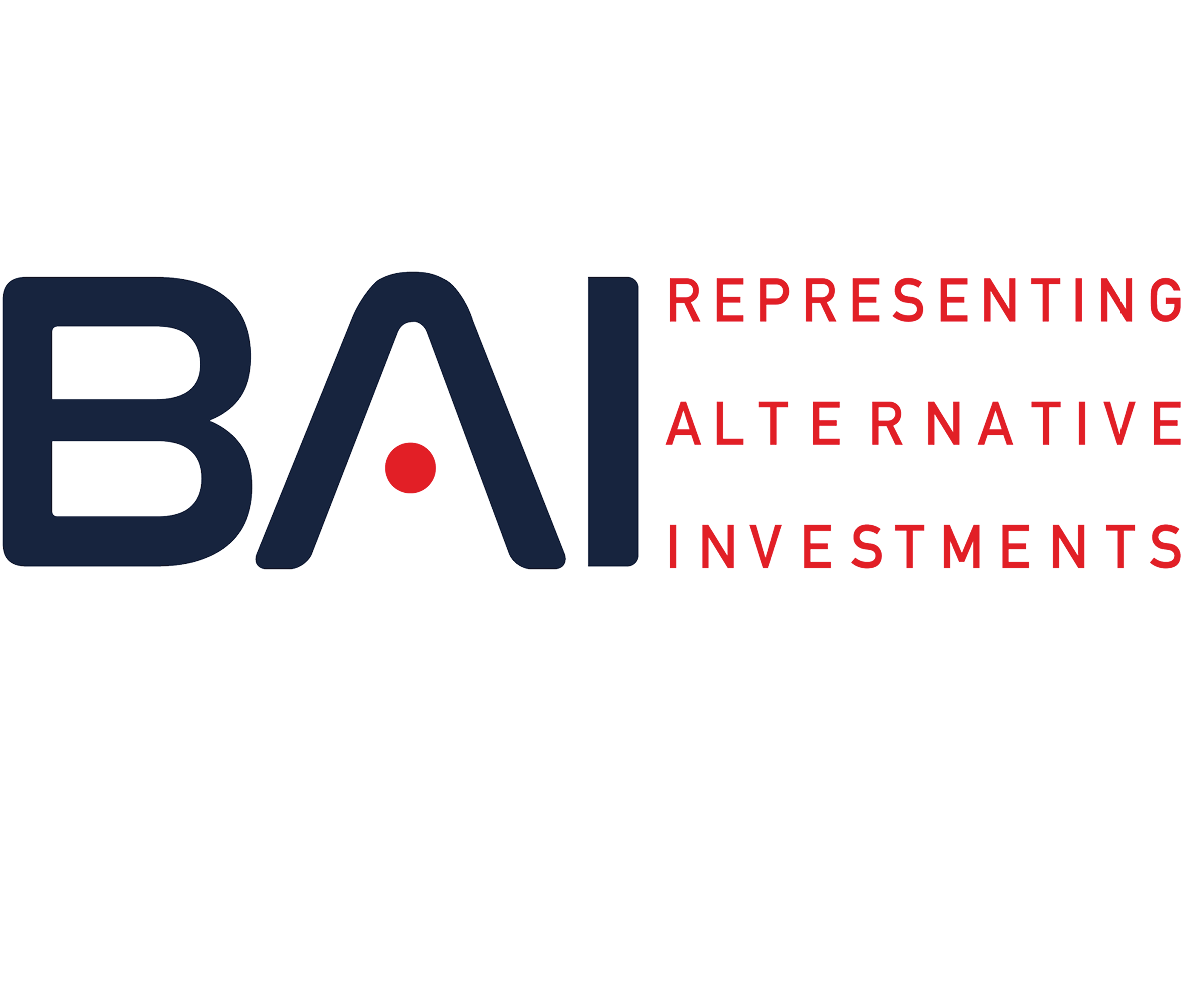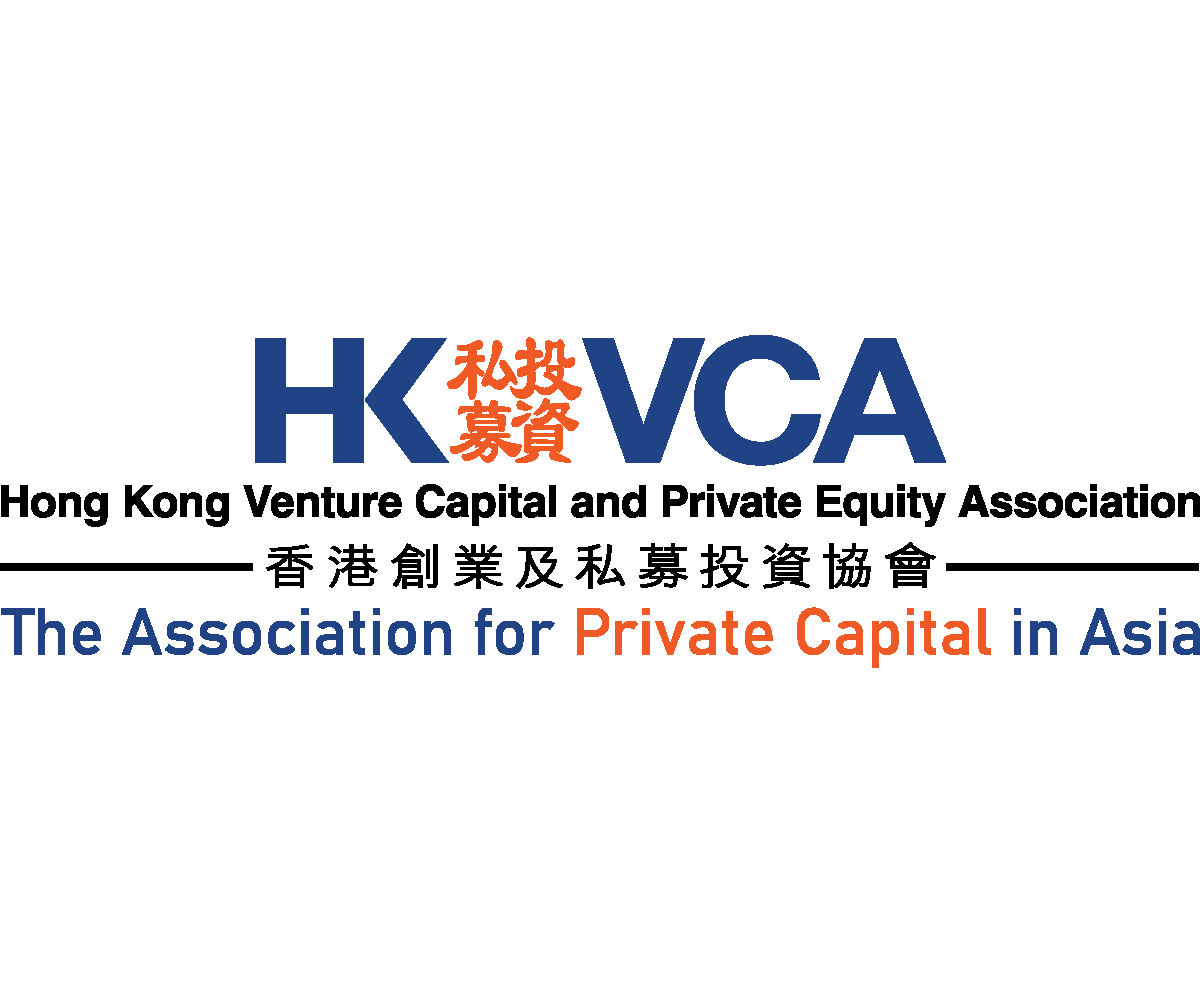“2020 has been the validation of existing trends”
HQ Capital Chairmen Interview 2020
As the year comes to an end, Insights reached out to HQ Capital’s Chairmen and Investment Committee members, Dr. Ernest Boles (Chairman U.S. & Europe) and David G. Pierce (Chairman Asia) to get their views on the state of the private equity market, including any trends they have noticed and potential opportunities on the horizon.
Ernest, David, let’s jump directly into 2020. COVID-19, a black swan or grey rhino event?
Boles: Definitely a grey rhino. Unlike a black swan, which is characterized by a fundamental lack of foreseeability, there have been discussions for years around the potential risks – economic and otherwise – of a global pandemic. A relatively recent example is Bill Gates who warned publicly about the risk and need to prepare in 2015. As perhaps the case with any grey rhino event, it is less a question of whether the event occurs, and more a question when and, importantly, assessing the potential severity of impact. There is clearly a long list of lessons learned.
Pierce: I agree. Not a black swan. As Gates said, when you think about risks and understand more about pandemics, it was clear that a new one would come along at some point. In fact, in Asia we experienced something similar with the SARS outbreak in 2003 and, at least in Hong Kong, the government has been pretty vigilant ever since. Fortunately, that disease did not spread so easily and the impact, in terms of adverse effects on overall public health and economic disruption, was far less than COVID-19. And, as I say, some lessons were learned then that helped this time.
To what extent did the pandemic affect your investment focus and philosophy?
Boles: There has been no fundamental change in our philosophy or approach, indeed, the HQ Capital private equity portfolio overall has proven to be quite resilient which I would attribute in large part to our
experience in identifying and allocating capital to high-quality managers with a proven ability to generate strong and consistent returns across cycles. The fact that our portfolio is well diversified is also critical
in managing exposure at the manager level and across industries.
Pierce: Yes, we have always sought to invest with teams that have the depth of experience and knowledge to understand exactly how to execute on their strategy and to identify where the opportunities and risks lie. Informed judgment, decisiveness, and the ability to act quickly are among the key attributes we look for in selecting general partners. In general, we have seen such managers react well to the impact of COVID-19 on their investee companies by, for example, helping management focus on maintaining liquidity until the effects on business became clearer, working out what changes may be required in plans, supply chains, and so on.
Has the COVID-19 experience sharpened our focus in certain areas of diligence?
Boles: In a certain way – yes. With respect to our co-investment portfolio, for example, it has become even more important to identify industries and sectors that will be more resilient to the pressures of a pandemic, supply chain disruption, shifts in consumer demand, and so on. As is the case in any dislocation or crisis, from an investment perspective, there will be industries that are more challenged and those that may even benefit from tailwinds. In short, while the current K-shaped recovery clearly has its challenges, it also offers a range of interesting investment opportunities.
Pierce: Agreed. As with other crises, this one has shown what prudent investors need to think about and do in order to manage risks and reap rewards.
Let’s turn to the markets. David, will the pandemic accelerate opportunities for private equity in the emerging markets of Asia?
Pierce: Across Asia, which is of course both vast and diverse, we expect the crisis will have an uneven impact in the near term. The pandemic has hit some countries much harder than others and this past year saw overall economic activity contract in India and Southeast Asia due to COVID-19. On the other hand, China, which is still classed by many as an emerging market, experienced modest growth in 2020. We expect the year ahead will continue to be challenging but growth will return to the emerging markets of the region, probably sooner than some expect.
But is it an accelerant for the emerging private equity industry in Asia?
Pierce: There are lots of reasons to believe that the opportunities for private equity in Asia will grow post-pandemic, especially in the countries and sectors we like. For example, we have been focused for some time on healthcare. COVID-19 has done nothing if not show how important it is both for that sector to develop and how private capital can supplement the resources of states. The demographic trends that have been fueling growth in Asia have not been halted by the pandemic. We are confident that private equity will continue to play a major and growing role in funding businesses that provide better quality healthcare, education, financial services and other goods and services demanded by the increasingly affluent people of the region.
Ernest, what is the state of private equity in the developed private equity markets?
Boles: The answer ultimately depends on the manager or specific investment, but the short answer is, in general, positively. Our existing portfolio – which includes primary and secondary fund investments as well as co-investments – provides a reasonably good barometer for the broader private equity market and has proven to be quite resilient to the events of 2020. This is based on various factors including our focus on small- and mid-market managers who have the flexibility to adapt to changing market conditions. At the same time, certain trends have continued in 2020 such as capital flows into a relatively small number of larger funds. The inability to travel during the pandemic has also resulted in limited partners sticking to managers they know which also will result in capital concentration in the largest GPs.
What is your performance outlook given this backdrop?
Boles: While many of these GPs have performed well historically, the question raised is whether they can effectively deploy these larger pools of capital, another reason for our preference for proven small- and mid-market GPs. In terms of our performance outlook, we believe the 2020 private equity vintage has outperformance potential which is a pattern we have experienced over our 30+ year history during other periods of crisis. While we can point to examples across our primary and secondary portfolios, a good example is evident in the strong performance exhibited in our co-investment strategy and program.
What sectors have continued to perform well?
Boles: The crisis has highlighted the resiliency of certain sectors, specifically those supported by long-term demographic and technological trends such as healthcare, business services, e-commerce, fintech, specialized industrial, and various areas within IT. The pandemic has also emphasized the divide between industries with sensitivity to the pressures inherent in lock-downs such as travel, hospitality, leisure, entertainment, food & beverage, and “brick and mortar” retail. It is no secret that e-commerce was redefining retail prior to the outbreak of the pandemic. Suffice it to say that the paradigm shift away from traditional retail to e-commerce has been further accelerated by the lockdowns.
What trends do you foresee for private equity in the near future?
Pierce: In Asia, we will see further growth and maturation of the industry. We expect to see increasing expertise and focus among general partners supported by a well-developed ecosystem of bankers, consultants and – most importantly – experienced local executives available and eager to join the management teams of private equity-backed companies. We will see more buyout funds, including in countries that previously had none, with more co-investment opportunities being made available to limited partners. We will see increasing emphasis on impact investing and sustainable development driven, in part, by the wishes of limited partners. And we will see the development of an increasingly robust secondaries market following, as elsewhere, the growth of the primary market.
Boles: An insight from 2020 has been the validation of certain existing trends and the relative attractiveness of certain industries which, in my view, draws a relatively clear roadmap for allocating capital looking forward. The good news is that we have strong existing relationships with GPs with the proven ability to generate returns in industries supported by these long-term demographic and technological trends including healthcare, business services, fintech, e-commerce, and specialized industrial. Another trend driven, in part, by the limited partner community is the evolution of ESG-based investment beyond traditional ESG or Sustainable Investing to “Impact Investing.” This is where ESG-factors become an integral part of the value creation strategy which can be measured in a quantifiable way with the objective of generating a
positive contribution to society and the environment. This will be a space to watch as increasingly more emphasis will be placed on the measurable positive impact of private equity’s investment activity.
Let’s end this with a prediction: 2021 will be a year of….
Boles: … of cautious optimism. 2020 might be remembered as a year of the near perfect storm with the pandemic hitting shore coincident with storms in various stages across the globe...strained global geopolitical relations, a controversial U.S. election year, and stalled Brexit negotiations with the clock ticking toward year end, just to name a few. As we round the corner into 2021, there is certainly improved visibility in terms of our ability to counter the pandemic, the drama of the U.S. election is in its final act, and the EU and the UK have signed a trade deal...Hallelujah! May the storm clouds clear and the sun emerge for more normalized conditions in 2021.
Pierce: I agree and would add that private equity investment historically does very well after economic crises. While we must always be attentive to risk and maintain our investment discipline, at the moment, I see no reason why that won’t be the case again this time.















